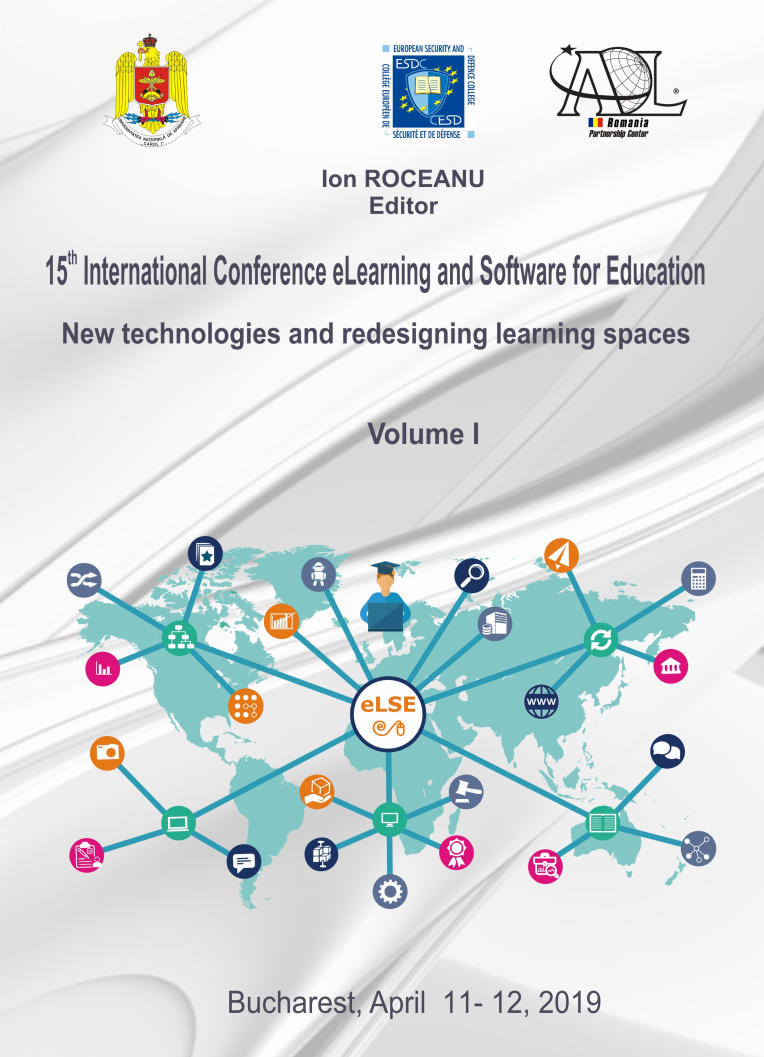On Using ADDIE/SAMR Methodology to Improve the Performance in Blended Learning
On Using ADDIE/SAMR Methodology to Improve the Performance in Blended Learning
Author(s): Grigore Albeanu, Florin Popentiu -VladicescuSubject(s): Social Sciences, Education, Higher Education
Published by: Carol I National Defence University Publishing House
Keywords: ADDIE; SAMR; blended learning; performance; computational intelligence;
Summary/Abstract: In large, blended learning combines the usage of online educational resources with traditional classroom approaches. However, blended learning exists on a continuum between 100% face-to-face and 100% online for training, student participation, and course delivering/accessing. Establishing the percent of blend is compulsory. The performance of blended learning classroom can be improved not only by technology mediation, but also developing well suited educational resources to be integrated during learning tasks. ADDIE/SAMR methodology deals with the development strategy of blended learning-oriented courses according to the life-cycle steps (Analysis, Design, Development, Implementation and Evaluation) taking into account SAMR transformation model by the following operations: Substitution, Augmentation, Modification, and Redefinition. The methodology was used to develop a computational intelligence course for a master program in modern technologies in information system engineering. The learning environment is supported by Blackboard platform, where communication is mediated by e-mail, and forum. The perceptions and satisfaction of students enrolled on platform to participate in the blended manner to the course were registered and analysed. The following data were collected: Educational resources format; Educational resources usability; Educational resources clarity; Educational resources accessibility; Calendar of meetings in class; Interaction maturity in class/online; Teams development; The adequacy level of assignments; Comparison of work in class / assignments; Preference for traditional courses. Computer-based assessment practices proved value in increasing the student participation and motivation and to provide feedback to students in a timely manner to help them to identify weaknesses, reflect on their strong behaviour, and improve their learning strategy. Results are presented through a comparison against traditional version of the course. Moreover, details on student performance, tutor rating, student self evaluation are obtained and discussed.
Journal: Conference proceedings of »eLearning and Software for Education« (eLSE)
- Issue Year: 15/2019
- Issue No: 01
- Page Range: 215-220
- Page Count: 6
- Language: English

